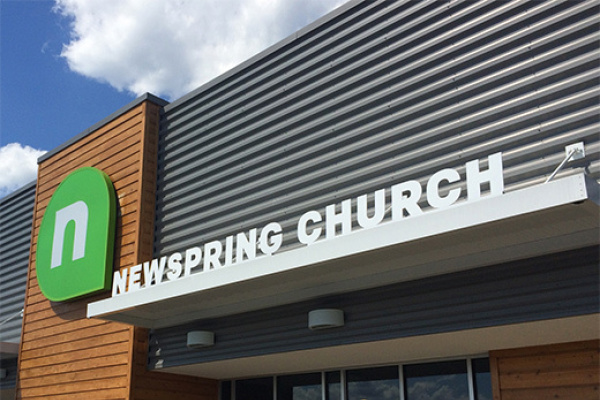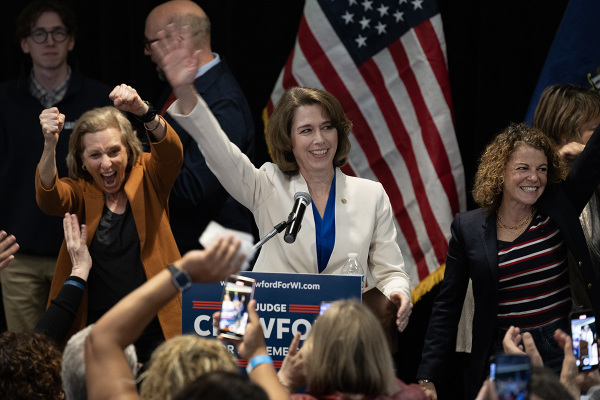3 Reasons Polls May Be Overstating Support for Same-Sex Marriage
Polls may be showing greater support for same-sex marriage than actually exists. Due to question wording, priming (the question that comes before the same-sex marriage question), and a social desirability effect (people will not tell a pollster how they really feel if they think their response is unpopular), support for same-sex marriage could actually be lower than what many recent polls indicate, according to political scientist Michael J. New and sociologist Mark Regnerus.
Question Wording
In public opinion polls, question wording matters. When polling questions make reference to "rights" as they ask about support for same-sex marriage, support can be 10 percentage points higher than when a more neutral question is asked, New, assistant professor of political science at University of Michigan – Dearborn, points out for Catholic Vote.
The reason for the difference is that the question wording itself suggests to the respondent how they should think about their answer. Not everyone has well formed opinions on the topic. Many are ambivalent, unsure of how exactly they feel about same-sex marriage. So, suggesting to these respondents that they should think about the issue in terms of "rights" could show greater support for same-sex marriage than actually exists.
This is especially true if respondents are only given two options – support or do not support. When given a third option – "unsure" – one in four 18-to-39-year-olds chose it, Regnerus, associate professor of sociology at the University of Texas at Austin, pointed out for National Review.
There could be a great deal more ambivalence about same-sex marriage than recent news reports indicate because many pollsters are not giving respondents the opportunity to indicate they are ambivalent.
Priming
"Priming" is when the question asked before the question of interest suggests to the respondent how they should think about their answer. Also due to ambivalence, priming can cause significant variations in polling outcomes.
The question that comes before the question about same-sex marriage, therefore, could influence polling on same-sex marriage. Regnerus notes that Gallup continues to ask a question about the legality of gay or lesbian relations, even though the Supreme Court has struck down laws against sodomy by consenting adults.
Looking at past data, Regnerus found that asking that priming question can contribute to about a six or seven percentage point increase in support shown for same-sex marriage.
Social Desirability Effect
Some respondents may not be telling pollsters how they really feel about same-sex marriage because opponents of same-sex marriage are often labeled "bigots" by same-sex marriage supporters. The desire to avoid being thought of as a bigot may be leading some respondents to tell pollsters they support same-sex marriage when they actually do not.
"Political scientists also know that when asked about controversial issues, some respondents will not give their actual opinion, but instead give the answer they deem socially acceptable," New wrote.
Are Some People Becoming Less Supportive of Same-Sex Marriage?
Regnerus pointed out a Rice University study that surveyed the same group of people in 2006 and 2012. Asking the same people the same question over time is a different way of measuring how individuals change their minds than looking at trends over time with samples of a population.
The study found that some did change their minds about same-sex marriage over the six-year period, but not in the way one would expect from watching news reports on the topic.
Some who opposed same-sex marriage in 2006 did change their minds and supported it in 2012. There were even more, though, who supported same-sex marriage in 2006 and changed their minds in the opposite direction by 2012. Sixteen percent switched from opposed to supportive of same-sex marriage while 28 percent switched from supportive to opposed to same sex marriage.
Overall, the study found public opinion on same-sex marriage to be fairly stable, with Americans about evenly split, even though media reports suggest a large swing in support of same-sex marriage over that period.
Regnerus believes the Rice study may have slightly oversampled religious Americans and undersampled young adults, which would skew the results. But, the study does suggest that pollsters are not picking up evidence of movement toward greater support maintaining the traditional definition of marriage.






















